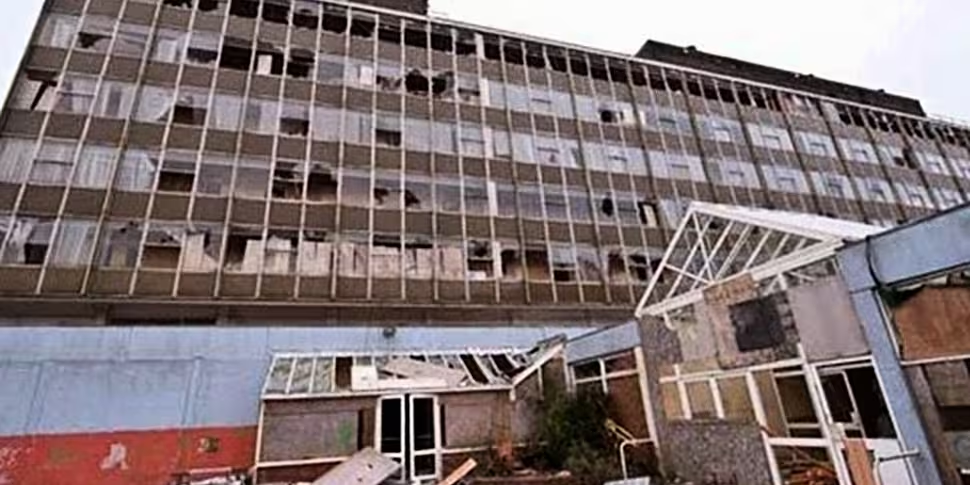On a Sunday evening in the middle of January, when we should have been preparing for the lively political debate the following day, my producer and I instead decided to go for a pint in the centre of Waterford. A little research mission, if you will.
We were under no illusion that it would be quiet, with people holding onto whatever cash they had left after Christmas. We were both genuinely surprised by what we found. Had Danny Boyle been looking for a sequel to 28 Days Later, he would have found a ready-made set on the banks of the Suir.
The streets were deserted, the numerous vacant retail premises couldn’t but draw the eye and the pubs we visited had only a handful of people in them. On the way back to the hotel, the deserted Ard Ri hotel on the hill opposite the Quays served as a reminder of the troubles this city has endured since the recession began.
And as Newstalk Lunchtime toured the country in the Election Battlebus, this was to become a recurring theme. Limerick, Sligo, Portlaoise, Drogheda. If the recovery was happening, then those living outside of Dublin were slow to feel it. Don’t get me wrong - plenty of business was being done, and the shops that were open were busy. It was the ones that were closed that proved the point.
Perhaps that’s why Fine Gael floundered in the early days of this campaign. Their omnipresent slogan was “Let’s Keep the Recovery Going”. That only works for those who had already felt the brush of its sleeve. And the Newstalk/Red C poll proved that the message wasn’t resonating with the majority, as almost four in five people who responded believed the recovery was on two tiers (the haves, and the have nots). The mood was even worse amongst those living in Connaught and Ulster.

There is always a perception that Dublin benefits to the expense of its country cousins, and there is an implicit logic to that. Business is attracted to its better infrastructure, bigger population and varied workforce. Across the globe, capital cities are viewed with suspicion by the regions, and therefore by definition all politics becomes local. The reality is that Dublin would always feel the effect of a recovery before it moved out beyond the M50. However, it would be a brave TD who would point to such a recovery to on a doorstep of a house affected by emigration in Sligo.
During the Waterford debate (a typically fractious affair where I had to turn off the contributors microphones twice), the Government politicians were quick to point how the unemployment rate in the city had fallen from 19% at its peak to just 12% now. That was, they conceded, still 3% higher than the national average.
Then promises were made, assurances that the recovery was reaching the south east, and soon this deep, dark recession would just be a bad memory. Maybe they were right. The only problem was when the audience walked out of the debate, the first thing they saw on the hill opposite was the boarded up Ard Ri hotel. Almost mocking them.









